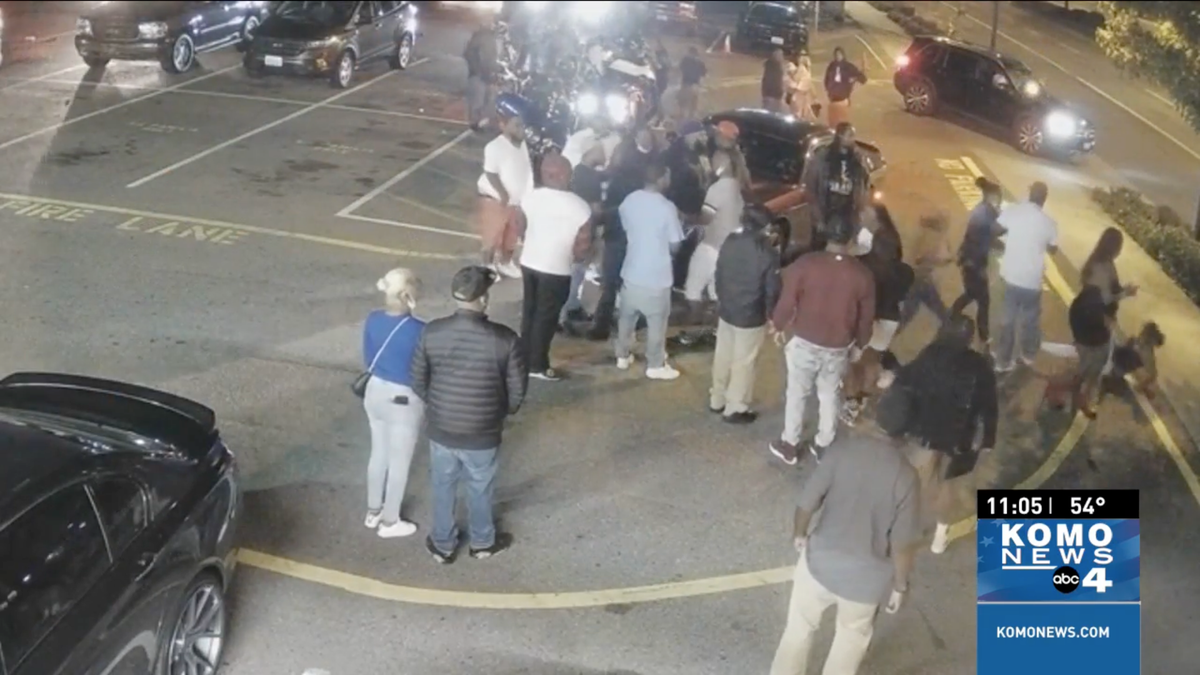- cross-posted to:
- techtakes@awful.systems
- cross-posted to:
- techtakes@awful.systems
A judge in Washington state has blocked video evidence that’s been “AI-enhanced” from being submitted in a triple murder trial. And that’s a good thing, given the fact that too many people seem to think applying an AI filter can give them access to secret visual data.



I don’t think loss is what people are worried about, really - more injecting details that fit the training data but don’t exist in the source.
Given the hoopla Hollywood and directors made about frame-interpolation, do you think generated frames will be any better/more popular?
Han shot first.
Over Greedo’s dead body.
Correct!
In the context of video encoding, any manufactured/hallucinated detail would count as “loss”. Loss is anything that’s not in the original source. The loss you see in e.g. MPEG4 video usually looks like squiggly lines, blocky noise, or smearing. But if an AI encoder inserts a bear on a tricycle in the background, that would also be a lossy compression artifact in context.
As for frame interpolation, it could definitely be better, because the current algorithms out there are not good. It will not likely be more popular, since this is generally viewed as an artistic matter rather than a technical matter. For example, a lot of people hated the high frame rate in the Hobbit films despite the fact that it was a naturally high frame rate, filmed with high-frame-rate cameras. It was not the product of a kind-of-shitty algorithm applied after the fact.